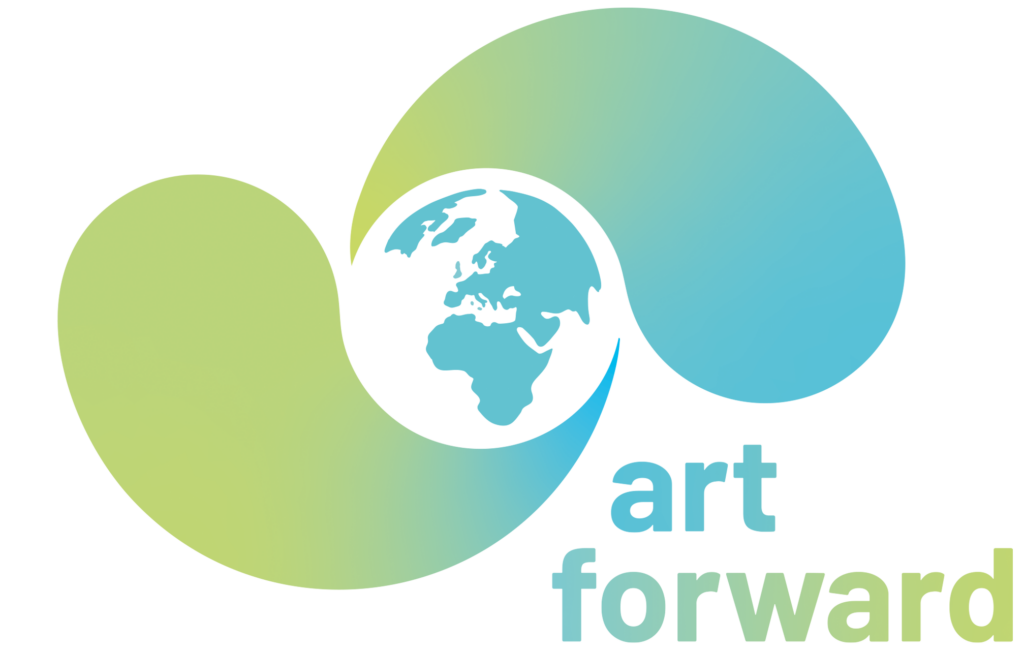
- June 10, 2025
- Art Forward
- 0
List of Workshops
The workshops offered hands-on insights into eco-responsible practices across various creative sectors:
- Darwin Woodstock focused on sustainable space design and circular economy principles.
- Collectif Cancan explored civic-driven architecture using local and eco-friendly materials. The enterprise utilizes reuse.
- Mimilo Tapissier presented luxury upholstery with a focus on eco-textiles and artisanal methods.
- MAC Architecture shared strategies for sustainable architectural design that balances context, versatility, and environmental impact.
- Pilote Créa highlighted upcycling and regional craftsmanship through artistic and community events.
Together, the workshops provided practical examples of integrating sustainability into art, design, and construction.
The Outcomes
The Bordeaux workshops left a lasting impression on participants, especially students, who described the experience as “eye-opening” and “inspiring.” Engaging directly with experts and sustainable enterprises helped them better understand how creativity and responsibility can go hand in hand.
The students and the participants shared that they now feel more confident discussing topics like eco-design, ethical fashion, and sustainable architecture. For many, it was their first time interacting with professionals in the field, and it sparked new ideas for future careers and collaborations.
Cultural Landmarks
On the second day, participants visited key cultural and ecological landmarks including Darwin Ecosystem and the FRAC MÉCA “Primavera” exhibition, enriching the experience with artistic and environmental insights. The meeting concluded with a collaborative session to evaluate workshop outcomes and define next steps, reinforcing the project’s commitment to fostering creative, informed, and environmentally responsible action among young people across Europe.
What is More?
The closing session served as an important moment to reflect on the outcomes of the meeting and to outline concrete next steps aimed at fostering local impact and driving educational innovation. It highlighted the shared commitment of all partners to translate ideas into action. The TPM marked a key milestone in advancing the project’s mission: empowering students and schools to actively engage with environmental challenges through collaboration, creativity, and a strong sense of European solidarity.

